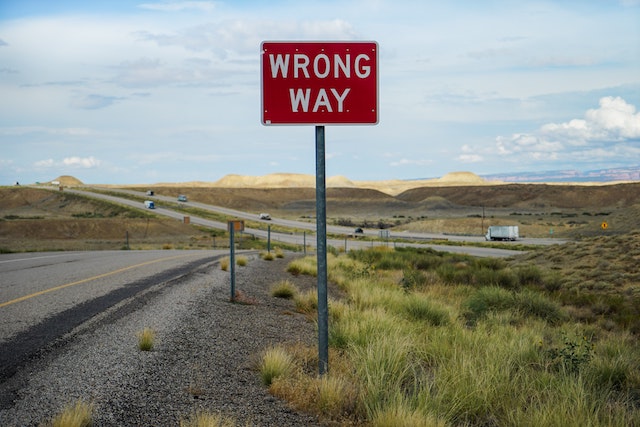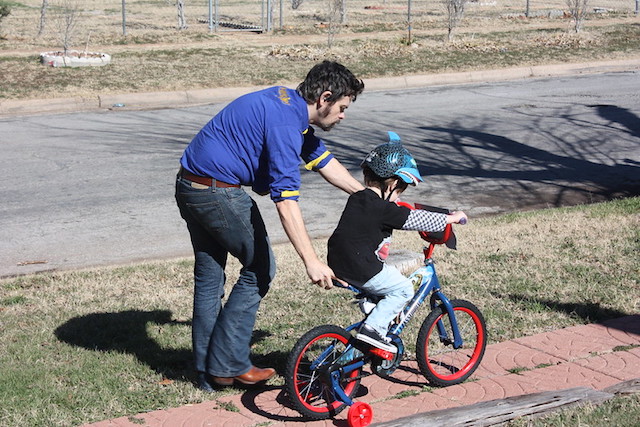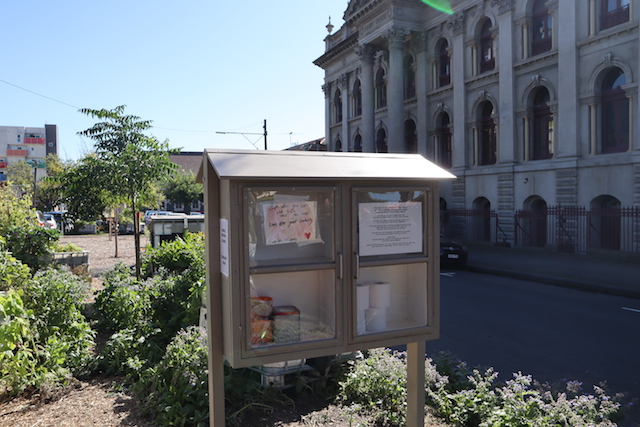Unlock the Magic in Your Story Now
Get the Free 20 questions to Ask Before Launching Your Idea workbook when you sign up for occasional updates.
Get the Free 20 questions to Ask Before Launching Your Idea workbook when you sign up for occasional updates.
Articles filed in: Worldview
Start To Finish
filed in Strategy, Success, Worldview

Conventional wisdom states that you can never have too much information when solving a problem or executing on a plan.
But we all know that information and data alone won’t get us to where we want to go.
All problem-solving and innovation require us also to imagine a future we can’t yet see. And perhaps harder, to have the courage to act despite what we don’t know.
Knowledge allows us to get our bearings, but it’s imagination and action that give us the forward motion we need to to start and finish.
Image by Gaelle Marcel
On Ambition
filed in Meaningful Work, Success, Worldview

Before I went to high school, everyone in our year sat an aptitude test. We were eleven years old, and the assessment took place over three hours one morning early in summer.
The goal was to identify each student’s potential and stream girls into year groups based on their IQ. The theory being that matching teaching to students’ abilities would deliver better educational outcomes.
It wasn’t only a pronouncement about our aptitude for learning that was consolidated in our minds, that summer. There was also a levelling of expectations about what was possible for each one of us—not just from our teachers, but in ourselves. Our ambitions were set at the age of eleven.
Career guidance conversations about going to university to study medicine and engineering rarely happened with girls who were not in the top stream. During the five years I was in high school, I saw only a handful of girls moved from one stream to another. Mostly down, hardly ever up.
In subjects like art and music, students’ potential was also identified early, so resources could be devoted to helping those most likely to succeed. We learned very early on to keep our ambition in check—to keep pace as much with our perceived limitations as our proven ability.
These lessons learned at a young age are hard to unlearn. The stories we tell ourselves can make us fearful of being ambitious for the future. Like some of our teachers, armed with the knowledge we have in front of us, we fail to see what might be possible.
Our mistake then, and still now, is our inability to be ambitious for each day. To match our effort with what we aspire to be and change now—not with some projection of our future-self or a future we cannot yet know. We shape the future we want to see in the present. One day at a time.
Image by Victoria Heath
The Human Advantage
filed in Worldview

Consider the things we value in our interactions with others—kindness, honesty, patience and empathy, for starters. Now, think about how often you experience them.
How many opportunities will you have today to amplify these qualities in your everyday interactions? How many will you take advantage of?
We get to shape the future we want to see—one ordinary, everyday moment at a time.
Image by Rachel
On Failure

I don’t know, are three of the hardest words for fallible human beings to say.
We avoid them at all costs and at every turn.
Because in our eyes, giving the wrong answer is worse than having none at all.
But mistakes are not failings, they are data we can learn from.
Every failure inches us closer to progress.
A wrong turn is simply a sign that you’re still on the journey.
Image by Marcel
The Unremarkable
filed in Meaningful Work, Success, Worldview

Lately, we have come to recognise the remarkable contribution of the people many considered unremarkable.
The people who stack our food on the supermarket shelves through the night. The truck drivers who get behind the wheel every day ensuring deliveries reach us. Those who wake early to clean our hospital wards. The workers who once felt disposable, now suddenly seen as essential.
We’d begun to equate remarkability with visibility.
It turns out the two are not the same at all.
Sometimes it’s the thing we do that gets the least applause that makes the biggest impact.
Image by Martijn Baudoin
On Helping
filed in Meaningful Work, Success, Worldview

We like to be helpful. We’re physiologically wired for it.
The *science shows that helping others helps us to help ourselves.
Helping makes us happy.
So when people ask for advice or an opinion, we gladly offer it.
But before we can help, there’s a question we need to answer.
How exactly am I helping?
Sometimes the most helpful thing we can do is help people to help themselves.
*In helping others, you help yourself.
Image by Aaron Brinker
The Act Of Possibility
filed in Worldview

We associate the word possibility with abundance.
Naturally, we think about anything being possible when we’re in a good place.
Of course, right now many things are not possible.
But something is.
We may not always be able to choose what happens but we can choose how we respond.
What’s the smallest act of possibility you could choose today?
Image by Emma Frances Logan
In Answer To Your Question
filed in Strategy, Success, Worldview

We like to ask for advice. It’s human to investigate all the angles—to seek the opinions of others. And yet in doing so, we can forget to reflect on our insights and assumptions.
We often forget to check in with our beliefs before considering what someone else thinks.
What if before sought advice, we reflected on our thoughts first?
What wisdom might we find in our own hearts?
What do I think? How do I feel? These are powerful questions.
Image by Pablo Andrés Rivero
Lessons From A Low-Touch World
filed in Meaningful Work, Worldview

Technology presents opportunities for efficiency and scale. And for the last century, conventional wisdom equated progress with efficiency—doing more with less friction.
We’ve worked hard to build systems that scale. Frictionless innovations for a low-touch world. Now, we’re beginning to realise that what we value most are the irreplaceable high-touch interactions that don’t scale.
It’s hard to replace the elation of a high five from a coach.
We miss the skill of a great hairdresser and the face-to-face service of a dedicated bookstore.
The reassurance of stethoscope applied to a chest during a doctor’s examination can’t be replicated in a telehealth consultation.
Technology gives us the capability to scale, but what we’re discovering now is the price we would pay for living in a frictionless world, and the things that matter to us are those that don’t scale.
[HT to my friend and colleague Mark Dyck who inspired this post during a conversation in our small business mentorship group the Right Company this week.]
Image by Adrià Crehuet Cano
Take What You Need
filed in Worldview

Not far from my house, outside an apartment building, next to the vegetable boxes, where residents are normally busy tending their gardens, there is a little library. You know, one of those where you can leave a book and take a book.
Now, someone has built a little pantry next to it. It’s stocked with donations of non-perishable food and personal care items that people might need.
The sign reads. Give what you can. Take what you need. Look after your community.
I took a photo so you could see it.
Anyway, that’s what I hope you will do with these blog posts. Take what you need.
After my last post, a reader emailed to say she found my call to be more productive problematic. Another, to say he was tired of people telling him what to do—which of course wasn’t my intention, but I take his point.
Far from inviting you to be productive or tell you what to do, I hope my post was an invitation to find small moments of gladness and hope in your day. Resourcefulness and resilience of your own making.
On Wednesday when I posted, I was glad I phoned my parents at 7 am (it was 10 pm in Dublin where they live). If my mother, aged 79, with a chronic lung condition, gets sick, she will die. No treatment will save her ailing lungs. She knows.
And yet, she is worried about getting to the post office in time to send a parcel for my husband’s birthday at the end of the month. But she planted geraniums that day, and I was glad about that too.
I was also glad that I went for a short walk in the park with my husband before sunrise.
Glad I published a blog post. Today I’m glad I am writing to you. Honestly, it’s hard to find any words, let alone the right ones in this moment.
This post might not be what you need to read today, but I do know there is someone else somewhere who needed it.
Please take what you need.